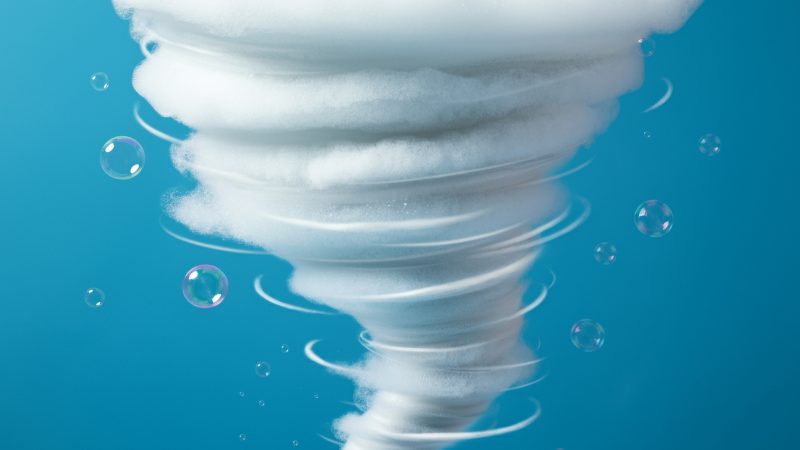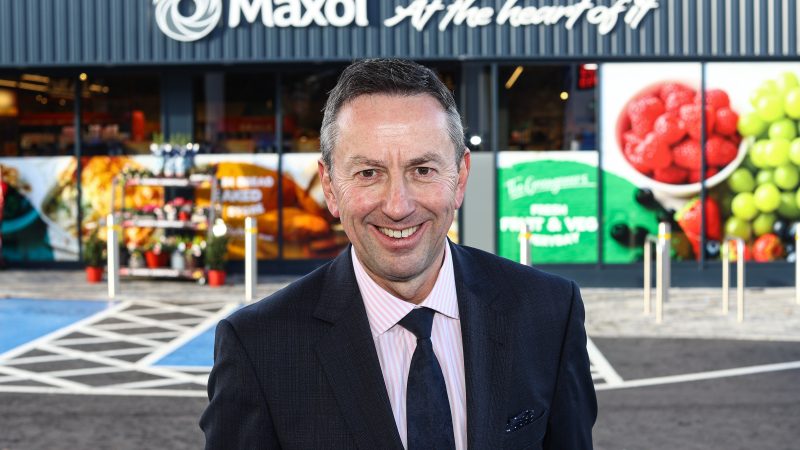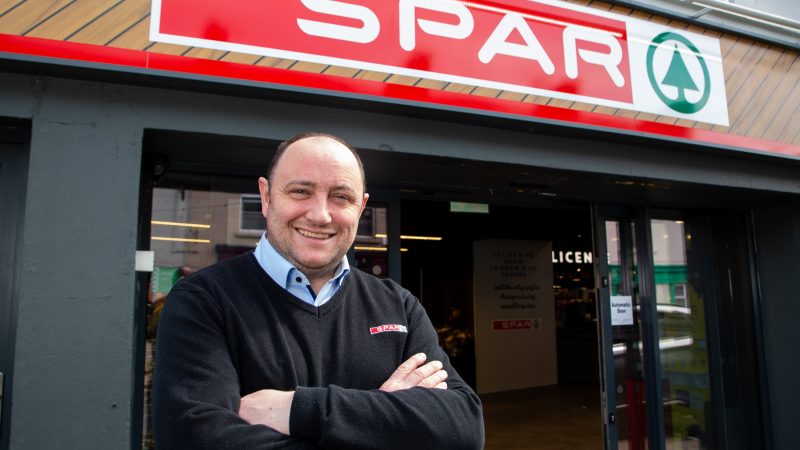Independent Laboratory Ltd – The science of fuel traceability
Independent Laboratory Ltd is at the frontline of fuel analysis, and tells IF&CR about adjusting to the introduction of the latest hi-tech tracer
Accutrace S-10 is a colourless, odourless, fuel marker additive that is so difficult to remove the very process requires the destruction of the fuel in which it is contained.
It is the latest line of defence against the scourge of fuel launderers, and since its introduction into agricultural and commercial diesels in April, it is hoped the illicit trade is on its last legs, saving the economy north and south tens of millions.
Detecting its presence is a complex task, but Independent Laboratory Ltd in Dublin is one of the few companies to have acquired the expertise and equipment needed to unmask it.
Speaking to IF&CR, Gareth Curran, laboratory manager with Independent Laboratory Ltd, said the company’s 25 years’ experience in fuel analysis provided the perfect platform to take on the challenges presented by Accutrace S-10.
Explaining the marker’s origins, Gareth said: “We were aware of the need for a new tracer to be introduced, and it was developed following a joint competition by the British and Irish governments.
“Many different companies sent in alternative tracers and dyes – some of which were not very effective. There were some that could be removed by the UV rays in sunlight!
“It came down to a final two relatively equal options, both of which were very resistant to laundering, but Accutrace S-10 had the edge and it was introduced in April.”
One of Independent Laboratory Ltd’s main services is testing fuel for tracers on behalf of private companies or individuals.

Along with providing quality assurance for hauliers and oil companies, the company also provides tests for those who may have been detected carrying a tracer in their fuel tank, and carries out rigorous analysis that can show whether the fuel has been bought from a laundered supply, or simply contaminated from another source.
“We offer the service to anyone who wants to verify the integrity of their fuel,” Gareth said. “We do a lot of work with hauliers who need to know if their fuel is contaminated with illegal product.
“We’ve been doing those kinds of tests for over 25 years, so we would get samples taken by Customs & Excise to provide independent verification tests for the public. That’s an important part of our role.”
Gareth said that once Accutrace S-10 was introduced, Independent Laboratory realised it was important to be able to accurately test for it.
“It was a natural progression for us at Independent Laboratory Ltd to make the new test a part of our service,” he said. “The new marker sees a step up in technology in terms of analysis of marker dyes, but one we were already using in the analysis of other materials.”
Accutrace S-10 is a diesel-like compound which blends in with other compounds of diesel, but because of its unique characteristics, accurate testing required Independent Laboratories Ltd to find new equipment and new techniques.
“If the contamination level is only around one or two per cent, we couldn’t determine whether the marker’s presence was due to a laundered batch or just a line contamination, without being able to detect the marker,” Gareth said. “So to justify our position as one of Ireland’s leading oil analysis companies, we had to buy a new piece of equipment and introduce new techniques which can provide us with a detailed assessment of the tracer’s source.”
“Any detection will lead to a prosecution, so it seems likely people will not run the risk of getting caught.”
According to Gareth, those suspecting their fuel supply is contaminated need to use a professional laboratory to ensure total confidence in their product.
He said a worrying trend is the use of testing kits that claim to be able to detect laundered fuel.
“The kits we have recently seen on the market for detection of rebated fuel in road fuel – which use a strong acid and can be harmful if it contacts the skin – do not detect Accutrace S-10, which would leave the user open to prosecution for having illegal fuel in their vehicle,” Gareth said.
“Apart from ignoring the presence of Solvent Blue 79 – the other marker present in Republic of Ireland gas oil – it is highly dangerous for a member of the public to use concentrated acid in these tests and kits and also leaves them with the problem of how to dispose of both a highly corrosive acid and oil.
Accutrace S10 is so hard to remove, that it can still be detected in fuel lines and tanks for up to four or five fuel cycles.

Gareth said that should the tracer prove as effective as it is hoped, the quality of fuel will increase on the whole, as contaminants and the damaging trace particulates of laundered fuel are flushed out of the system.
“It’ll be interesting to see how things go over the coming months,” he said. “And it will be interesting to see how the industry reacts.”
One of the recent changes is the introduction of roadside tests for Accutrace by HMRC last month.
Presently it is unclear as to whether the instrument is sufficiently robust to be effective in the field.
“We’ve heard of a few false positives from those tests already,” he said. “Our feeling would be that anyone detected for Accutrace S-10 at the roadside should also get a sample tested at a specialised oil laboratory.
“Our new machine is just four weeks old, and so far has been producing very reliable results with our samples.”
Along with Accutrace S-10 testing, Independent Laboratory Ltd provides a number of other analytical services.
Gareth explained: “The new test is an important addition to the work we already do at Independent Laboratory Ltd. We test diesel, petrol, kerosene, biofuel and many other fuel types for quality.
“We have specific equipment for testing fuel which conforms to the standardised tests used worldwide, so our results stand up to the tightest of scrutiny.
“We pride ourselves on our dedication to quality testing, but also on our understanding of results, and what they mean for the end customer.
“Our environmental laboratory also tests water and effluent for Effluent discharge licenses. Our garage customers find this dual service highly efficient, to have the same laboratory testing their carwash and deli counter effluent for their licences and able to deal with any oil queries they or their customers may have.”
Contact Independent Laboratories, at Unit 36 & 37, Docklands Innovation Park, Eastwall Road, Dublin 3, Ireland, or telephone (00353) (0) 1-2401374/3 or email info@indlab.ie.







